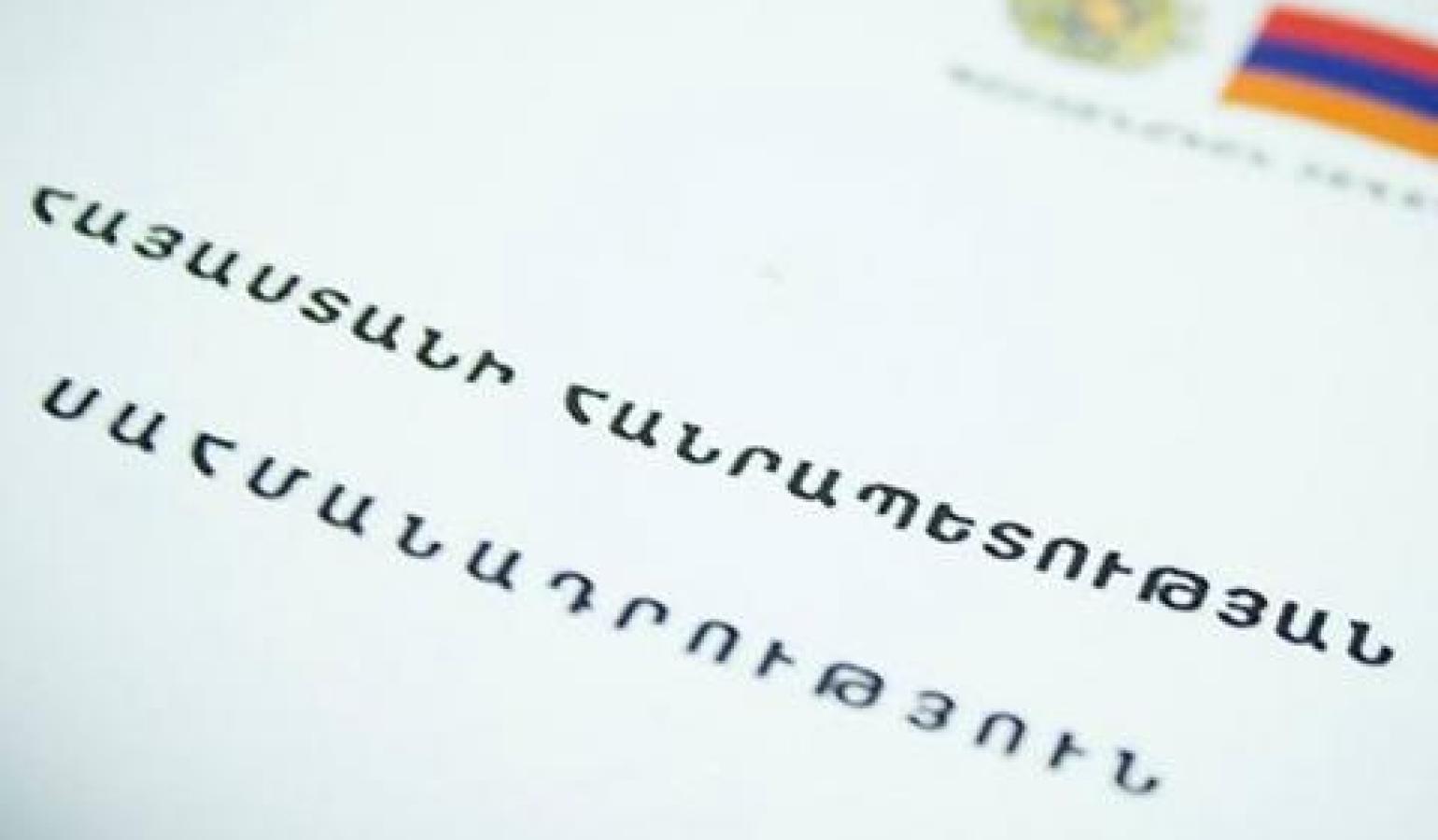
In the "Lessons" program of 168.am, Satik Seyranyan hosted Siranush Sahakyan, the head of the Center for International and comparative Law, and lawyer, former MP Taron Simonyan.
When asked about the possible changes to the Constitution, Sahakyan mentioned that such changes should be a result of societal demands.
"At this moment, we do not see a public demand in Armenia, so this could be a request imposed by a certain group, whether it’s political elites or, for example, external powers. We do not have a purely descriptive constitution, whose goal is simply to display the state’s architecture. It is also a value-based document that aims to define the nation’s identity. In international law, there is a prohibition on foreign interference in internal affairs. The adoption of laws, including constitutional changes, are internal matters, and these documents cannot be imposed by any other country. And when such imposition is raised, it already poses a threat to the sovereignty of the Republic of Armenia. In my view, Turkey and Azerbaijan are violating Armenia’s sovereignty, and instead of resisting this, the government is conceding our sovereignty. In this context, Armenia’s constitution is largely sidelined in foreign policy, and the fact that we have been subjected to genocide cannot be erased from the Armenian identity. At the same time, there are attempts to remove provisions related to Artsakh as well. They want to change the identity of the Armenian nation, which would make it non-competitive," said Sahakyan.
The program also addressed the fabricated trials of Armenian prisoners held in Baku. "In Baku, we are dealing not with a judicial process, but with a judgment. Azerbaijan is condemning the right of nations to self-determination in this imitated process. In Baku, the right to self-determination of nations is being sentenced to life imprisonment. In these trials, we see that Azerbaijan, with the use of force, remains unpunished and violates all rights.
The hunger strike of Ruben Vardanyan in Baku, and his appeal to world leaders, international organizations, human rights defenders, and the media, aims to draw the international community's attention to these issues. He continues his struggle for the rights of Artsakh and the Republic of Armenia," said Sahakyan.
In Baku, Armenians are in the closed institutions of an enemy state, where practices of torture and mistreatment are common. Azerbaijan isolates Armenians from the outside world. The only organization that can visit them under certain conditions is the International Committee of the Red Cross, but it is not a mechanism for preventing torture.
"Independent lawyers are the real mechanism to prevent torture, but Azerbaijan prevents them from entering. We have documented cases of torture and testimonies from Armenian prisoners who returned from Azerbaijan. Many individuals have provided detailed information about physical violence and torture," said the human rights defender.